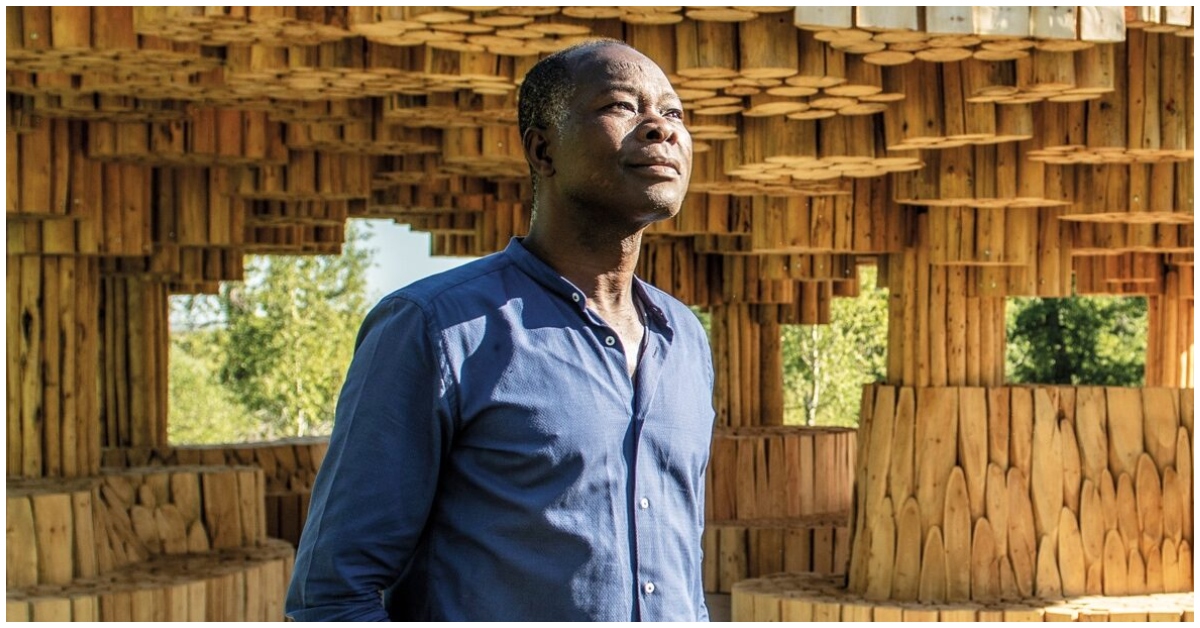Diébédo Francis Kéré’s remarkable journey began in the remote village of Gando, Burkina Faso, where he was born in 1965. As the village chief’s son, Kéré was the first child to attend school. This education opened doors that led him to Germany and eventual acclaim as an architect transforming communities across Africa.
In 2022, Kéré etched his name in history as the first Black architect to earn architecture’s highest honor—the Pritzker Prize—since its establishment 43 years ago. The award capped an unrivaled rise for the boy from Gando without access to electricity or running water just decades ago.
Giving Back Through Building
While studying in Berlin, Kéré never lost sight of those left behind in his home village. He established a foundation in 1998 to advocate for better school buildings in Gando, culminating in the construction of a primary school there in 2001 while still a university student.
“I knew I had a duty to my people,” explained Kéré. “I wanted to do everything I could to build an adequate school, with conditions to give comfort for teaching and learning.”
That first school introduced concepts that became hallmarks of Kéré’s later works across Africa – collaborative construction involving local communities, an elegant use of natural materials like clay and wood, and designs promoting air flow and indoor cooling through shade and ventilation.
Pushing Architecture Forward
Kéré founded his architectural firm in 2005, splitting time between Berlin and Burkina Faso as his portfolio rapidly expanded. His innovative school, health clinic, government and community buildings have won praise for their marriage of sustainability, aesthetic splendor, and community-centered approach.
Notable projects include the prestigious Serpentine Pavilion in London and the Burkina Faso National Assembly. “Everyone deserves quality, comfort and luxury,” Kéré commented upon winning the Pritzker. “We all share concerns about climate, democracy and scarcity.”
The Pritzker jury hailed Kéré for “the power of materiality rooted in place” and buildings “directly of those communities, in their making, materials, programs and characters.”
At only 56 with major new commissions ahead, Francis Kéré’s architecture will continue pushing boundaries. But it all started long ago in a small village, with a gifted boy daring to dream of buildings formed out of earth, air and community.




